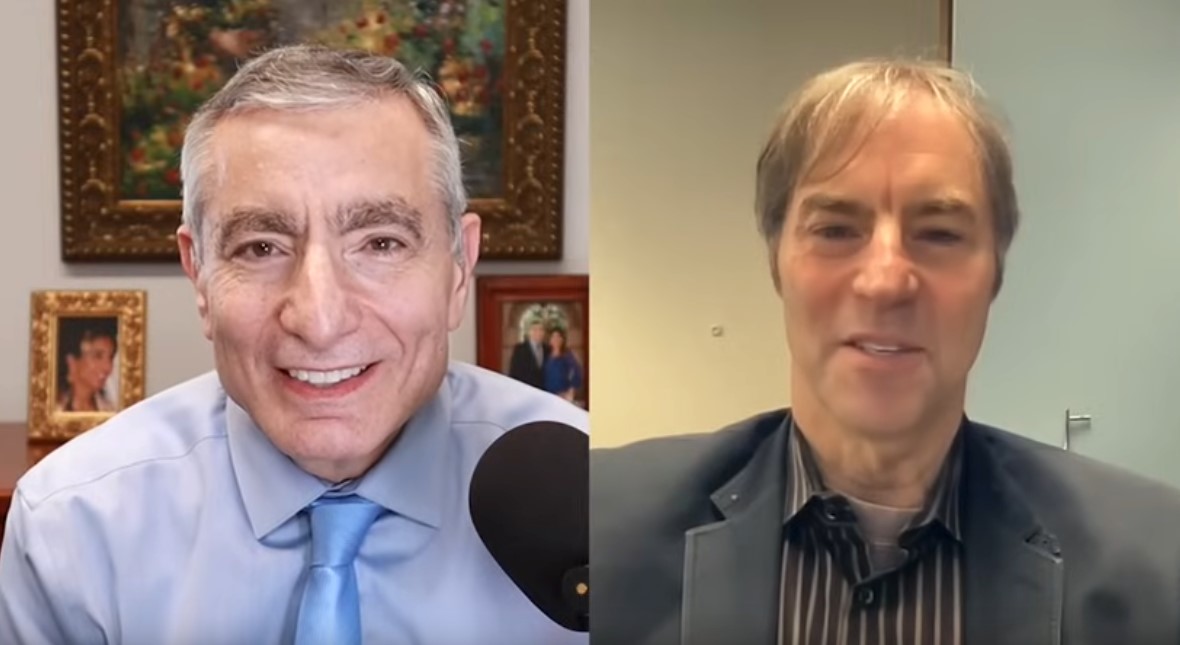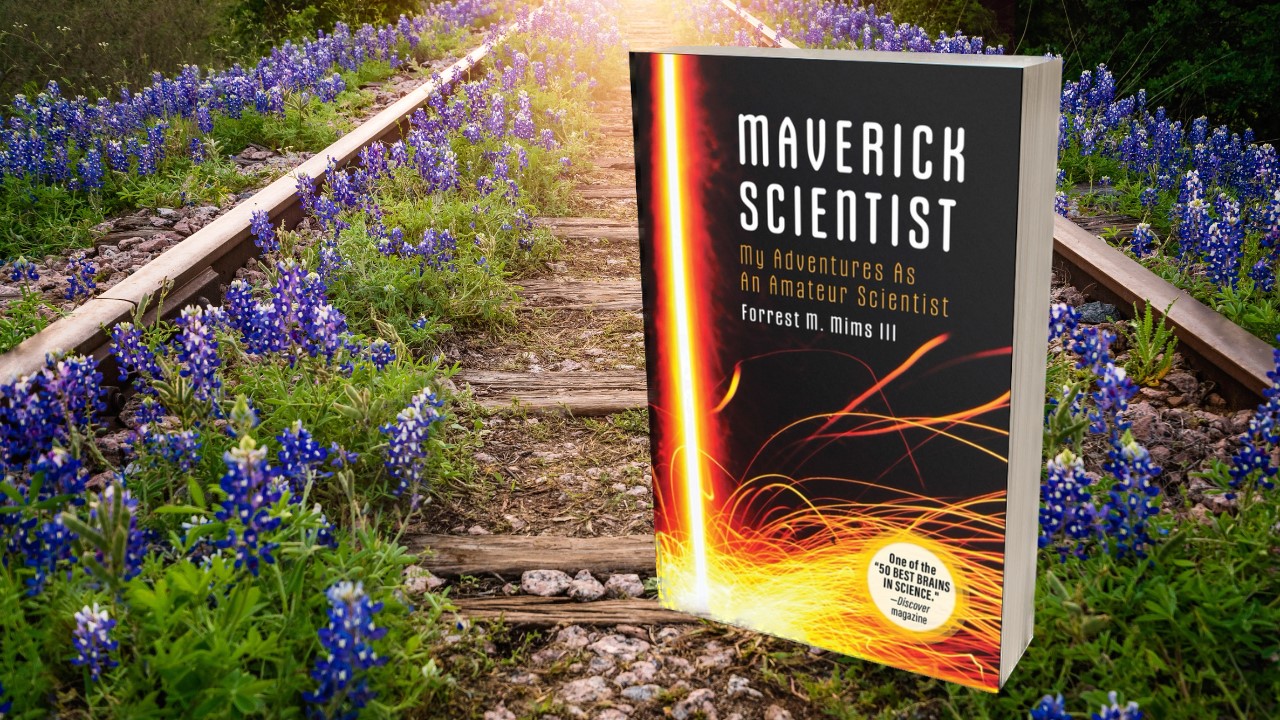


The High Tech Animal Navigation That Defies Darwinian Explanations

How Earth is Designed for Human Technology

How to Combat Censorship in Science

Did Consciousness Evolve?

Why Science Needs a Scout Mindset

Meyer & Tour on New Critiques of Origin of Life Research

A Battle of Predictions: Junk DNA’s ‘Kuhnian’ Paradigm Shift

Enjoy an Exclusive Reading From Maverick Scientist
